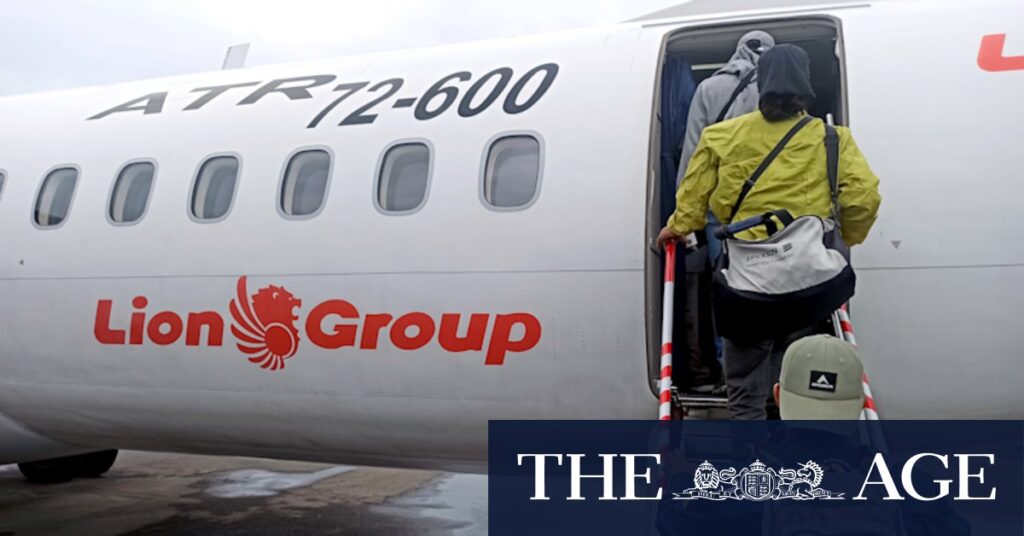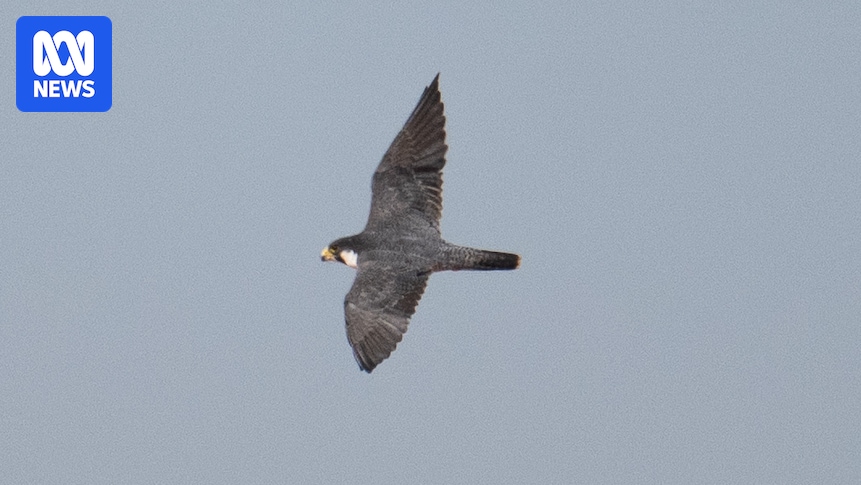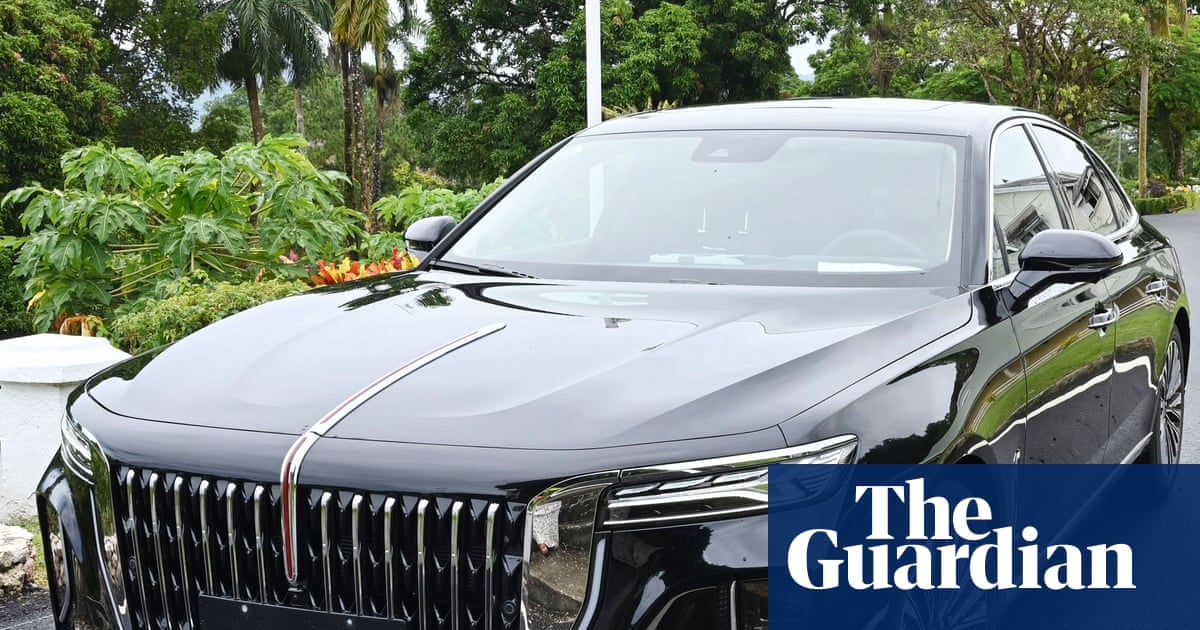
Flying from Tambolaka Airport on Sumba Island to Denpasar, Bali, should have been a routine journey. However, for passengers aboard Wings Air flight IW1835, scheduled for 3:25 PM, the experience was anything but ordinary. The airline, which operates twice daily on this route using an ATR 72-500 twin-engine turboprop, has garnered a notorious reputation with a one-star safety rating from AirlineRatings.com.
The flight, which was delayed by 23 minutes, lasted one hour and 40 minutes. For many on board, it felt much longer. Wings Air, a subsidiary of the Indonesian budget carrier Lion Air, has become infamous for its lack of safety measures, a fact that has not gone unnoticed by frequent travelers and aviation experts alike.
Check-in and Boarding: A Unique Experience
Upon arriving at Tambolaka Airport, passengers were met with an unusual check-in process. Instead of the typical hustle and bustle, there was a surprising lack of activity. Boarding passes were handed out immediately, and passengers were whisked through security with minimal interaction. For those accustomed to more rigorous procedures, it was a disconcerting start to the journey.
Luggage handling was similarly unconventional. The ticket, booked through tiket.com, included 7 kilograms of carry-on, with additional cabin baggage starting at $12 for 5 kilograms. For those traveling with more, like myself, a $48 fee was required for 20 kilograms of checked luggage. The absence of a formal loyalty program adds to the airline’s atypical approach, though it has inadvertently cultivated a following among those who thrive on the thrill of uncertainty in the skies.
The In-Flight Experience: Sparse Comforts and High Anxiety
The ATR 72-500 aircraft, configured in an all-economy 2-2 layout, offers little in the way of comfort. The seat in 15C, an aisle position, provided a front-row view to the aircraft’s dated interior. A viral Instagram post recently highlighted a passenger sitting next to a window panel that was detaching, a stark reminder of the airline’s safety concerns.
With a seat pitch of 29 inches and a width of 18 inches, the space was cramped, and the seat itself was notably hard. The lack of in-flight entertainment meant passengers had little to distract them from their apprehensions, save for their personal devices. The cabin was stuffy until the air conditioning finally activated post-takeoff.
Service and Sustainability: A Mixed Bag
The cabin crew, though limited in number, were friendly and attempted to ease passengers’ nerves. Apologies were issued for the delayed departure, attributed to “operational reasons.” However, no food or beverages were offered, and a QR code menu proved non-functional.
In terms of sustainability, Lion Air has announced plans to incorporate sustainable aviation fuel by 2030 and has already implemented non-cash payment methods. These efforts are part of a broader strategy to enhance environmental responsibility, though they do little to address immediate safety concerns.
Safety Concerns: A Persistent Issue
Wings Air’s safety rating is a point of contention among travelers and industry experts. The airline’s one-star rating reflects a series of incidents and operational challenges that have plagued its history. For many passengers, the fear of flying with Wings Air is not unfounded. An anecdote from a previous flight highlights this anxiety: a loud bang during descent prompted a fellow passenger, a luxury hotel executive, to question whether the engine was still intact. Fortunately, it was, but the incident underscores the pervasive unease associated with the airline.
“Wings Air consistently scores one star (out of seven) for safety on AirlineRatings.com. The less you know about this airline beforehand, the better.”
Looking Ahead: The Future of Wings Air
As Wings Air continues to operate under the Lion Air umbrella, questions remain about its commitment to improving safety standards. While the airline’s competitive pricing, starting at approximately $380 for a return trip from Denpasar, Bali, may attract budget-conscious travelers, the trade-off in safety and comfort is a significant consideration.
In a region where air travel is a vital link between islands, the demand for reliable and safe services is paramount. The aviation industry will be watching closely to see if Wings Air can rise to meet these expectations, or if it will remain a cautionary tale in the annals of air travel.
For now, passengers like myself remain on edge, hoping for a smooth journey on future flights. As the aviation landscape evolves, the pressure is on Wings Air to address its shortcomings and rebuild trust with its clientele.







